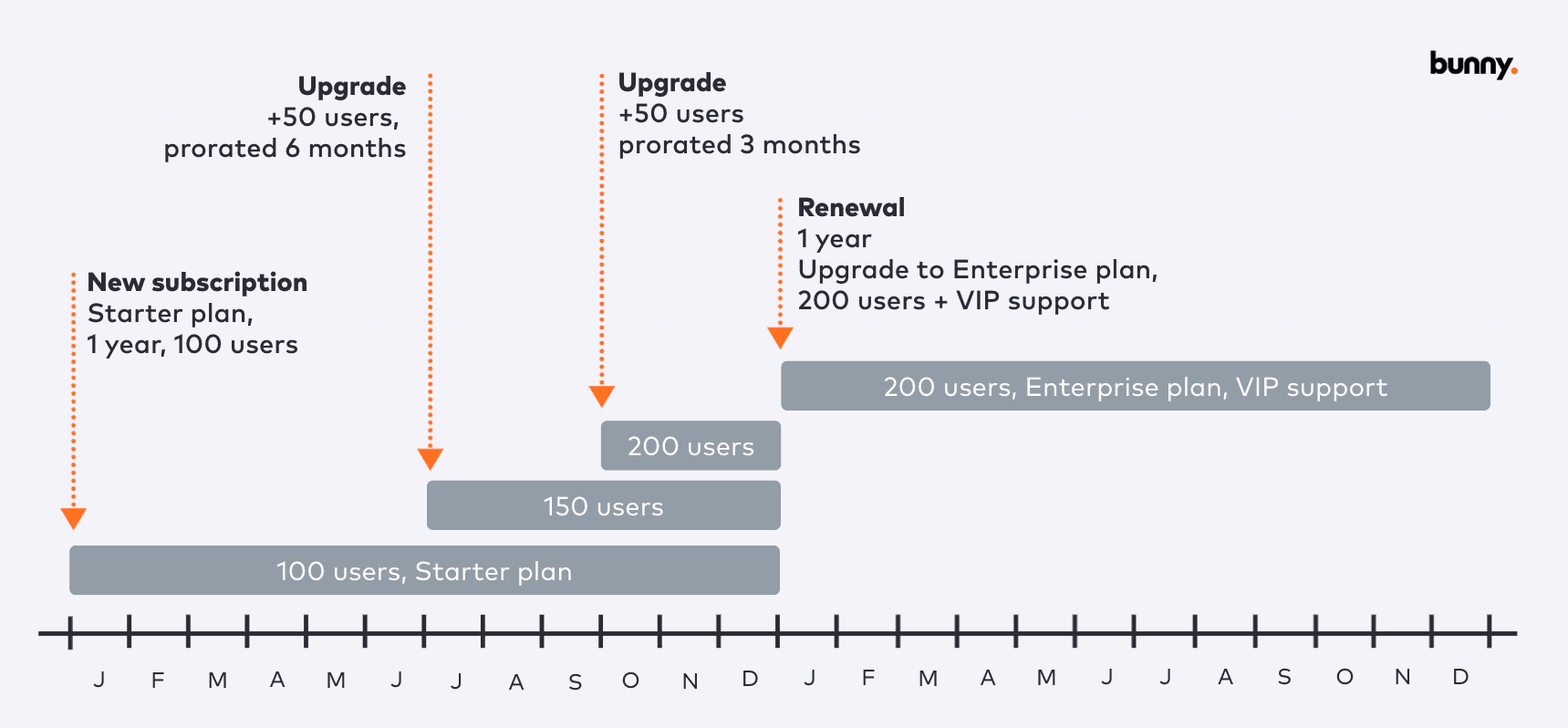
Using AI to Supercharge Sales Operations in Tech Companies

In the rapidly evolving world of technology, staying ahead of the curve is paramount. Tech companies are always on the lookout for innovative ways to improve their operations, and one of the most promising avenues is the integration of Artificial Intelligence (AI) into sales operations. Here's a look at how AI can be a game-changer for tech companies aiming to boost productivity and sales growth.
1. Predictive Analytics for Lead Scoring
Traditional lead scoring methods often rely on intuition or basic metrics, which can be subjective and inconsistent. AI-driven predictive analytics can analyze vast amounts of data to determine which leads are most likely to convert. By examining past interactions, purchase histories, and other relevant data, AI can prioritize leads, ensuring that sales teams focus their efforts on the most promising prospects.
A SaaS company might use AI to analyze the behavior of users during free trials. By examining factors like feature usage, login frequency, and interaction with support materials, the AI can predict which trial users are most likely to become paying customers.
2. Chatbots and Virtual Assistants
AI-powered chatbots can handle routine inquiries, freeing up human sales reps to focus on more complex tasks. These chatbots can answer frequently asked questions, schedule meetings, and even guide potential customers through the early stages of the sales funnel.
A tech hardware company might deploy a chatbot on its website to help customers find the right product based on their needs. The chatbot can ask a series of questions and recommend products, streamlining the purchasing process.
3. Personalized Marketing Campaigns
AI can analyze customer data to create highly personalized marketing campaigns. By understanding individual preferences, purchase histories, and browsing behaviors, AI can help companies tailor their marketing messages to resonate with specific audiences.
An e-commerce platform selling tech gadgets might use AI to analyze a customer's past purchases and browsing history. Based on this data, the platform can send personalized email campaigns highlighting new products or discounts that align with the customer's interests.
4. Sales Forecasting
Accurate sales forecasting is crucial for inventory management, budgeting, and strategic planning. AI can analyze historical sales data, market trends, and other relevant factors to predict future sales with greater accuracy than traditional methods.
A tech company launching a new software might use AI to analyze the launch patterns of similar products, current market demand, and promotional efforts to forecast initial sales numbers.
5. Automating Routine Tasks
AI can automate many of the routine tasks that consume a sales rep's time, such as data entry, follow-up emails, and appointment scheduling. This automation allows sales teams to spend more time building relationships and closing deals.
A tech services company might use AI-driven CRM tools to automatically log interactions with potential clients, send follow-up emails based on predefined triggers, and schedule meetings without manual intervention.
6. Enhancing Customer Insights with Natural Language Processing (NLP)
NLP can analyze customer feedback, reviews, and interactions to provide deeper insights into their needs and pain points. This information can be invaluable for product development and sales strategy refinement.
A tech company developing a new app might use NLP to analyze user reviews of competitor apps. By identifying common complaints or desired features, the company can ensure their app addresses these areas, giving them a competitive edge.
Conclusion
The integration of AI into sales operations offers tech companies a powerful tool to enhance productivity, improve customer experiences, and drive sales growth. By leveraging AI's capabilities, tech companies can stay ahead of the curve, ensuring they remain competitive in an ever-evolving market.

